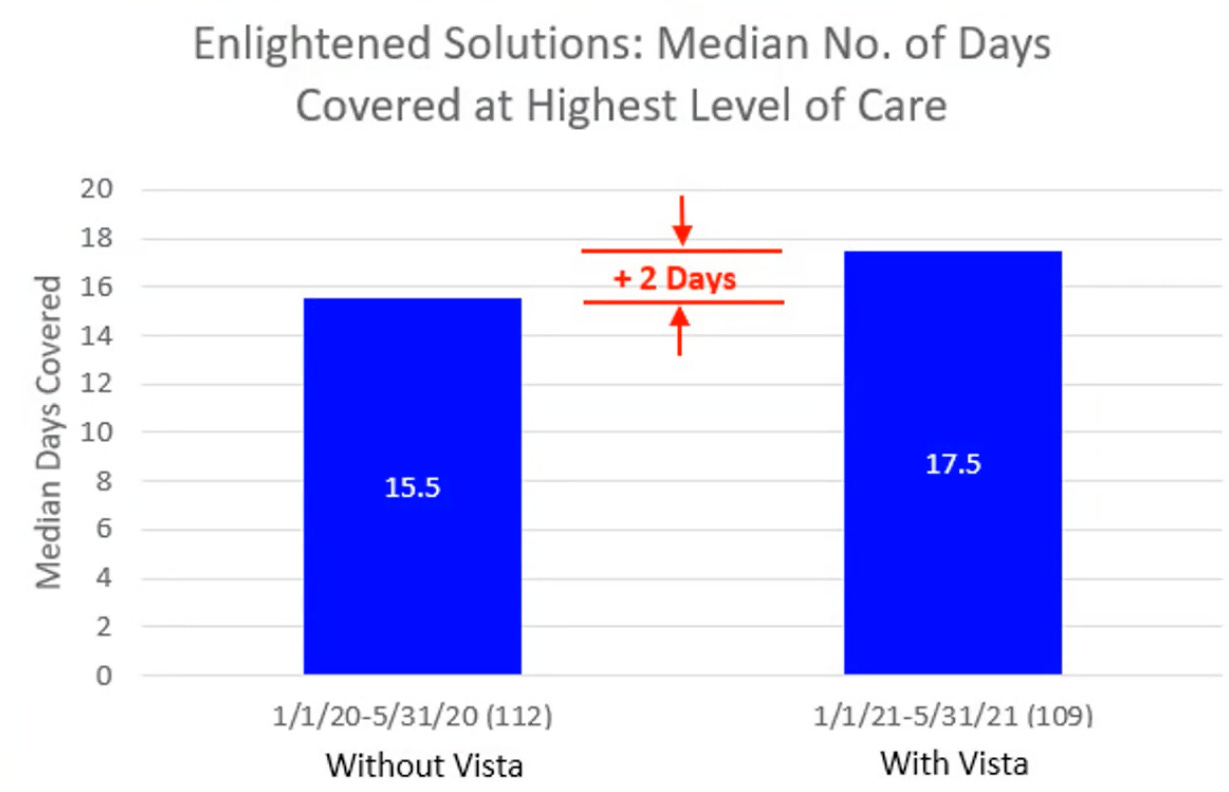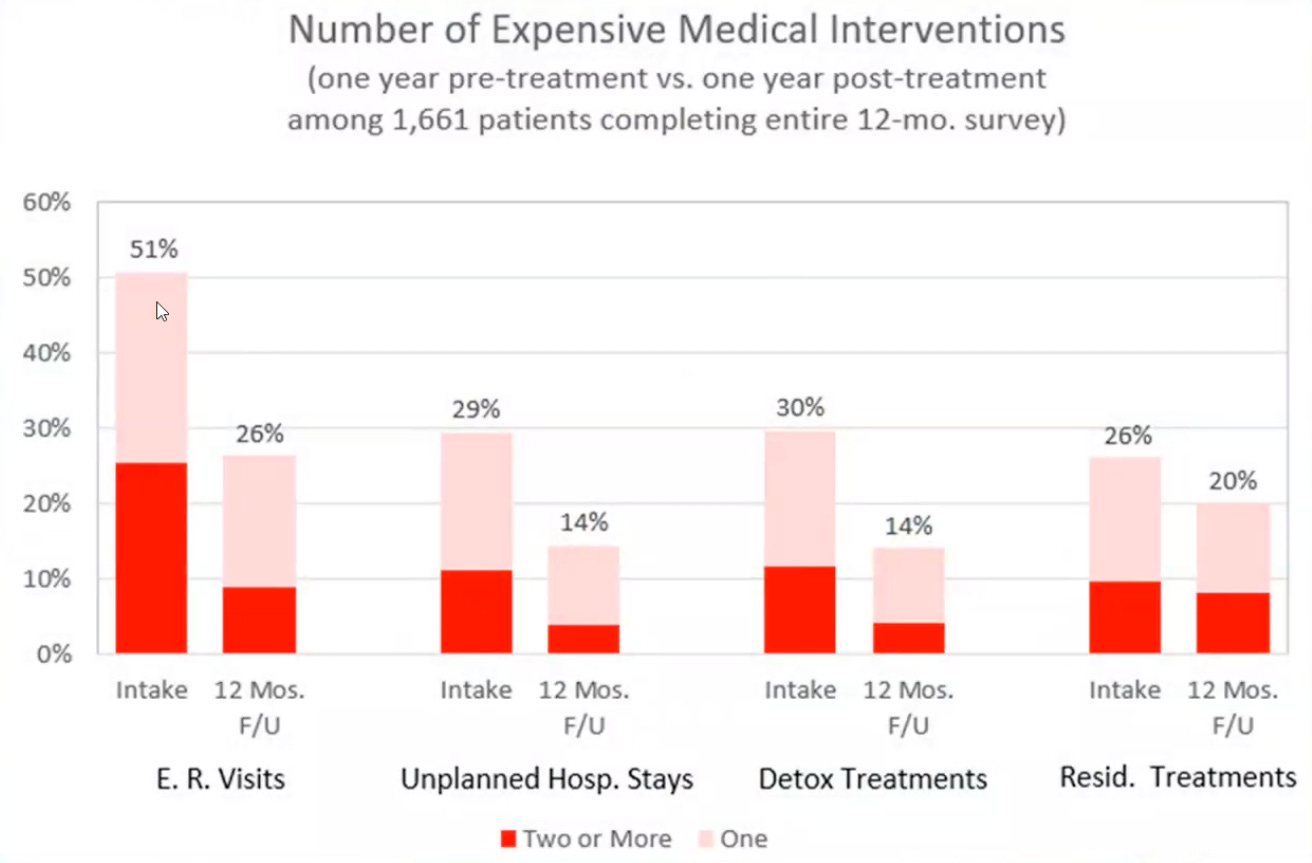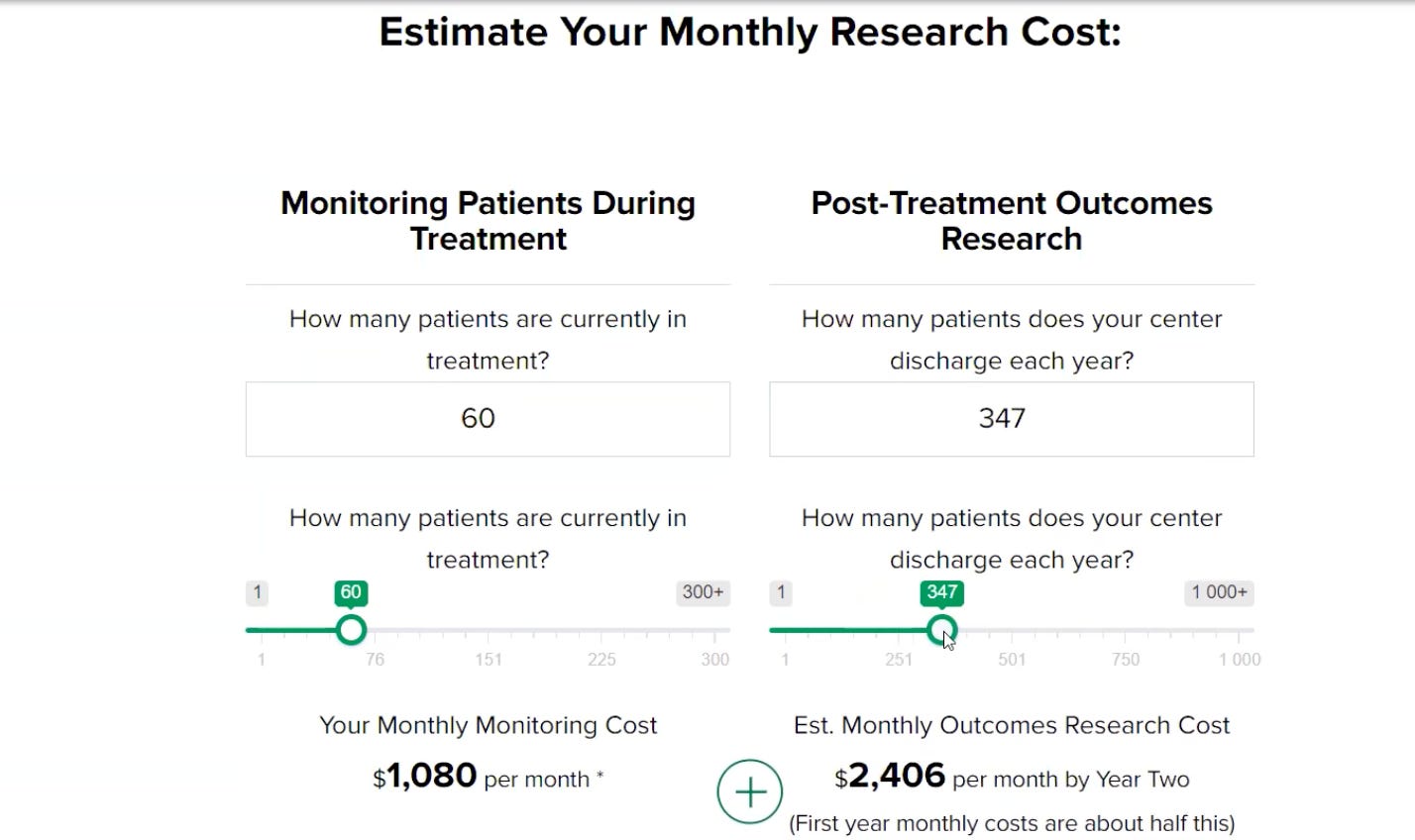Episode 11: ROC Monthly Mastermind Call
Using Vista Research to Gather Outcomes Data, Compare Your Rehab Facility, and Improve Your Offerings
This month we spoke with Joanna Conti, founder and CEO of Vista Research Group.
Joanna was very frustrated by the lack of success rate data available to help families identify the best alcoholism treatment facilities as her daughter cycled in and out of numerous treatment programs. She thought there had to be a better way of proving program effectiveness. Her daughter's life depended on it.
She started a side project; a website for clients to search results of different rehabilitation programs. When she launched the website in 2015, she found that only five treatment centers in the entire country were measuring and sharing their outcomes in a systematic way.
Despite this lack of information, she found that many facilities were interested in tracking their information but were unsure of how to do it or where to start. Many other places that did gather information were unlikely to analyze it. She also found that while there may have been a lot of data collected in the industry, there was no standardization for collection, assessment, or reporting.
The comprehensive reports provided by Vista helps clients assess rehab programs to inform their decisions and helps rehab facilities modify and improve their services. In turn, clinicians and facilities get better, faster.
What gets measured gets managed.
How does it work?
Vista has monitored over 65,000 patients and has followed up with 20,000 patients after treatment.
All patient reporting is done online, meaning the information collected is available instantly to treatment providers. During treatment, clients are assessed for different aspects, including:
depression
anxiety
trauma
suicidal thoughts
addiction
co-occurring mental disorders
quality of life
binging
severity of cravings
self-harm
drug use
satisfaction with treatment
treatment goals
The software also flags dangerous thoughts or behaviors so clinicians can follow up immediately. The surveys are intuitive and change based on client responses. At the end of the surveys are open-ended questions to help service providers learn more about the survey results. Joanna has found that answers to open-ended questions often differ from the survey responses and information collected in face-to-face sessions with counselors.
The software creates a profile for each person and you can see how they answered each question before and after treatment. It also allows you to access aggregate data for your facility, and compare it to the averages for facilities across the country.
Vista collects information on 65 different variables which you can view on an analytics platform. You can filter the information by clinician, time, level of care, symptoms, etc.
The frequency of data collection is determined by each facility. Treatment providers can request the survey, and the program will send it to the client. Update surveys take only 2 to 3 minutes to complete. Service providers can facilitate survey taking if clients do not have devices. You can also automate the process and set an auto-request at certain intervals.
Post-treatment outcomes are measured at one month, six months, and 12 months after program completion. They assess aspects such as whether they are meeting their goals, provide updates on mental health, and assess the impact of treatment on quality of life.
Vista reaches out by text, email, and phone. Ten to fifteen attempts are made to reach alumni at each follow-up interval. Participation is incentivized with things like Target or Starbucks gift cards. If it is difficult to locate the previous client, Vista uses the locator people identified by the client while they were in treatment. Follow-up contact is typically successful for 50% to 60% of patients, each time.
Confidentiality is promised to both patients and facilities. If the patient is using during the follow-up, Vista asks if they want to be contacted by the treatment center. If they agree, then Vista instantly notifies the admissions team.
Reports
Once a year, the data is compiled into a comprehensive treatment outcomes report. This is designed to answer key questions of payers and prospective patients and to identify opportunities for improvement for each treatment center.
The outcomes show that there’s a huge range of success in treatment centers. This helps to debunk the self-reported success rates of some facilities.
Benefits
Here is a list of benefits of participating:
1. Get more approved days
One of the major benefits of this information is that it helps facilities get more approved days of care for patients. For instance, saying that the patient has had 10 out of the 11 DSM-5 symptoms for SUD in the year prior to treatment can help you get more approved days of care.
2. Show payers you’re saving them money
You can compare the cost of treatment to the amount of money spent on the number of ER visits, detox treatment, etc. This can help you make the case that the savings are more than enough to cover the cost of treatment.
3. You can attract more self-pay clients
Having validated, third-party information to compare your results can help attract more clients.
4. Improves staff productivity
Vista’s surveys can help streamline the intake process, speed up biophysical assessments, and support more productive therapy sessions.
ROI
There is a way to assess the ROI of the data collection. You can visit the Vista Research website and go to the Pricing page. Here you can estimate your cost and savings. This information can also help support your arguments for more treatment days approved by insurance providers.
Conquer-addiction.org
Joanna and her daughter have created conquer-addiction.org, a search website that allows clients to search treatment centers with the best-verified outcomes. Users can filter the list based on their needs and review the outcomes results gathered by Vista.
To be part of conquer-addiction.org requires a $200 per year registration fee.
Contact information
If you are interested in talking to Joanna about Vista Research or conquer-addiction.org, you can contact her at:
Joanna L. Conti, Founder & CEO
Vista Research Group, Inc.
1330 Cape St. Claire Road, #656
Annapolis, MD 21409
(410) 757-2811 x701
vista-research-group.com
Click here to access the meeting recording.
Access code: e7d#XS2*
If you are interested in joining the ROC community, please complete this form for consideration: https://tinyurl.com/5btxe39z










